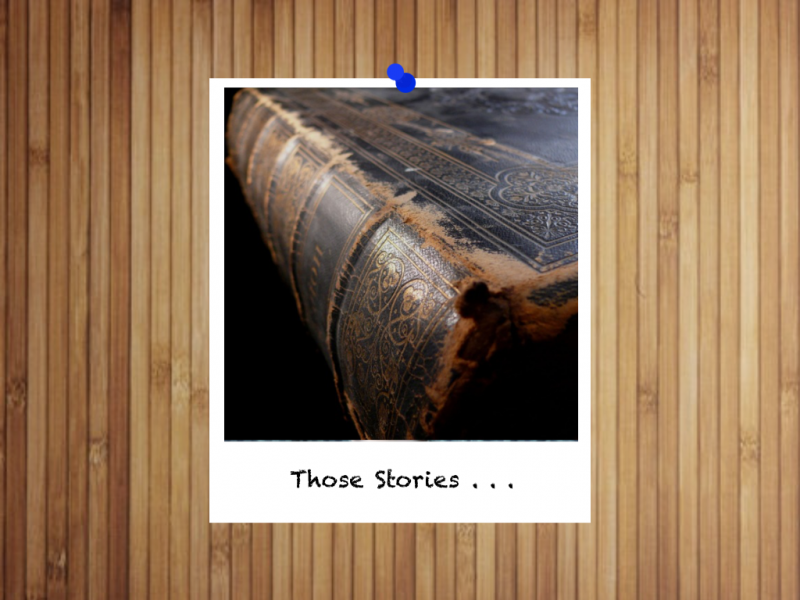One of the worst questions humans ask each other is, “So, what’s next?”
I know what you’d like to do after being asked this question. Sure, throwing an appetizer from your graduation party at that person’s head might sound like a good idea, but it makes it much harder to write a thank you note after you’ve done that.
Plus, it’s not always that person’s fault you don’t know the answer. Feeling lost about what’s next is an uncomfortable but essential step in finding out how you want to spend the next chapter of your life. Because we place so much emphasis on our careers, lack of clarity in this area can make us feel the most lost.
I have often fallen into the trap of trying to think my way out of being lost. The only thing I’ve found is frustration. If the answer doesn’t come rather quickly, just thinking isn’t the answer.
In many ways, being lost is the same whether it’s a metaphor for your life or you’re actually lost in the suburbs among the winding streets and cookie-cutter houses. If you tried to think your way out of being physically lost, that would seem crazy after a few minutes. It’s better to consult Google Maps, ask for directions or start walking.
The three questions I’ve found to be the equivalent of asking for directions when you’re lost: Who can I help? What can I learn? What can I create?
The same is true when we feel lost in our careers. We can waste hours, days and months thinking our way out of being stuck. So instead of focusing on the big question of what’s next, try answering those three questions instead.
Who can I help?
Don’t worry about whether this is going to be a career-altering decision or not. Just asking who I can help can give you some movement or a feeling of contribution. Thinking about what you can do for others is a good way to get out of your own circular thinking about the future.
At the heart of all jobs is a tradeoff between our emotional/physical labor and a monetary value. By acting on the ability to help others, we can figure out in what ways we would like to contribute.
“Who can I help” might mean volunteering your time. It can mean helping a relative or friend with a project. It can mean doing some free work for someone you’d like to connect with in the future.
What can I learn?
When you don’t have enough information, it’s time to do some investigation! (What a cheesy line, but once written, it’s hard to remove from a piece like this). Time spent learning is not time wasted but a way to better yourself, understand your interests and explore the world.
The underlying question is, what makes you curious? If you follow your curiosities, you’re very likely to get insights about where you want to go next.
Most people I know who are happy in their careers always tackle new challenges that require them to stay curious and keep learning—no better time to practice than by learning now.
The learning doesn’t have to be career-focused. Learning how to make a better fish filet could help you connect to a long-held desire to host other people. It might make you desire more fishing time and a move to the sea. Worst case, you’ll cook a better fish filet. If I were to filet fish, I would learn what it means to filet something.
If you’re unsure where to start, I’d recommend learning a new skill, reading an excellent biography or revisiting an interest from childhood.
What can I create?
I think everyone should make some art, whether it’s writing, painting, drawing, singing or performing.
We also need people who blog about good TV shows and restaurants. We need interviews with interesting people. We need more exciting places to visit and people to organize us into groups with common interests. You could create any of these things!
We especially need people who are willing to make more wonderful and meaningful connections in the world.
Creating things is a push to come up with evidence. I learned about my direction from writing a piece and recording a video piece every week for a year. Putting these things out in the world may feel rough, but the feedback (or lack of feedback) can help guide how you feel about your work.
What all of this amounts to is consciously creating a positive experience out of a bad situation. Instead of staying lost, you’re exploring the unknown.

